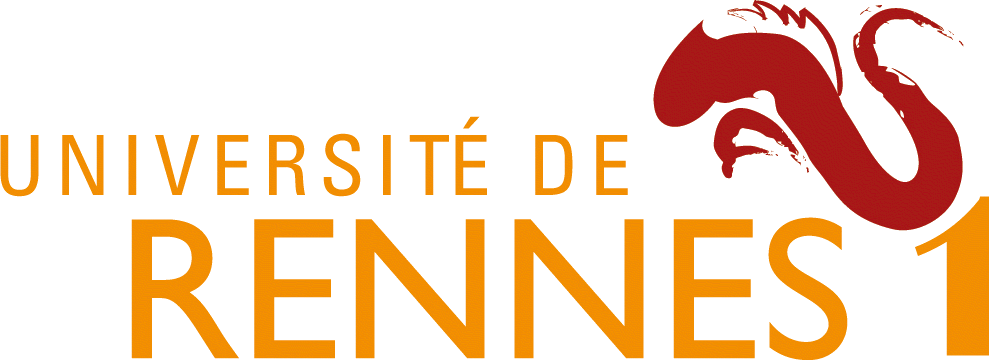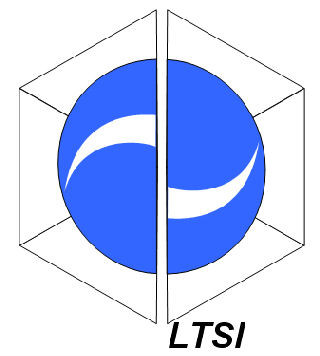News
Members
Publications
Software / Data
Job offers
Images / Videos
Collaborations
Conferences
Lab meetings: "Les partages de midi"
Practical information
Members Area
Next conferences we are in …

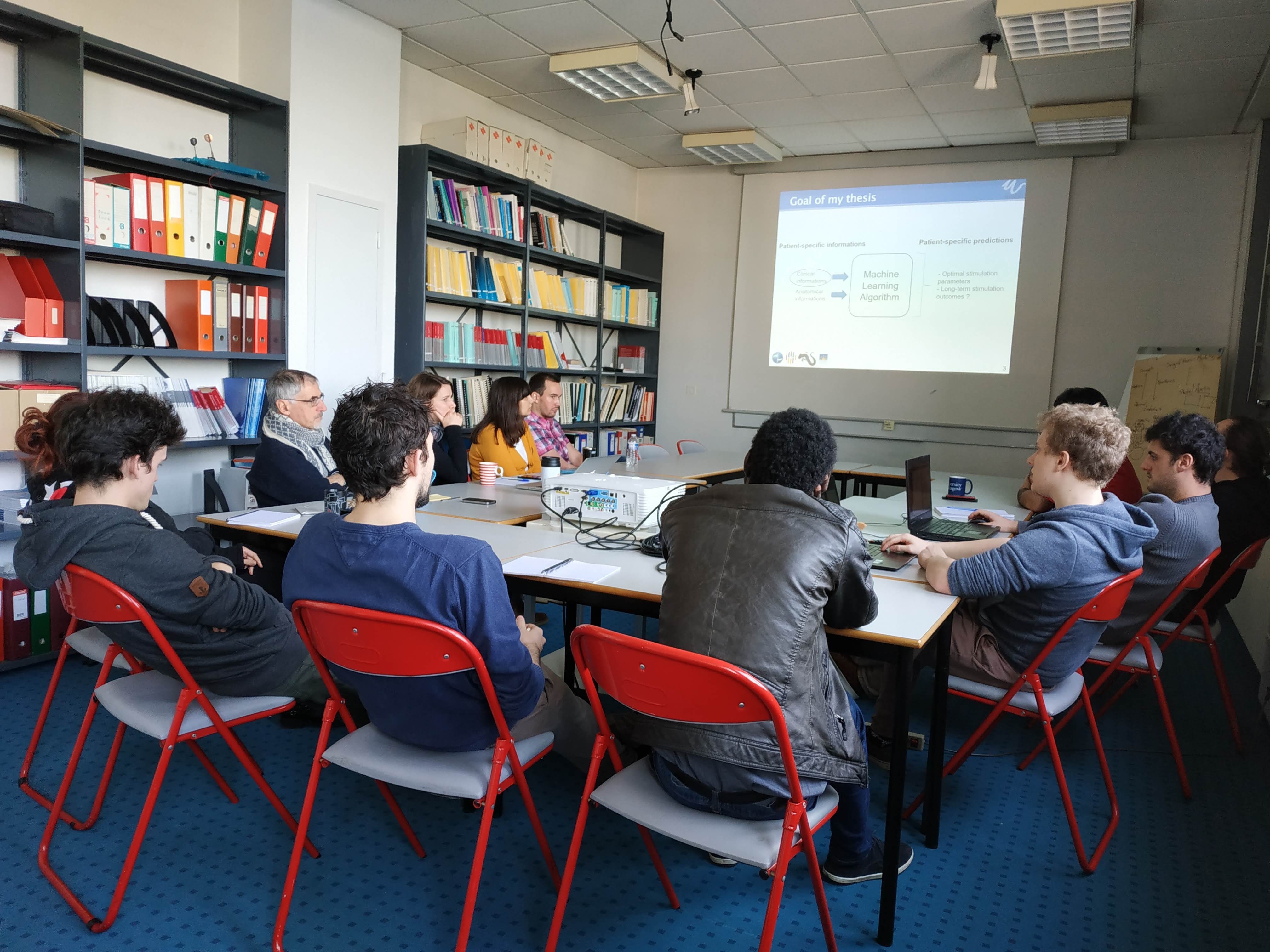

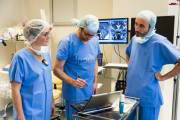
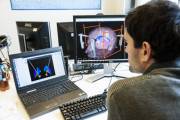
Congratulations to Clément Baumgarten who won one young scientist award from the “Image Guided Procedures, Robotic Interventions, and Modeling” conference at SPIE Medical Imaging conference in San Diego (3 from 106 papers).
 The paper was also selected as one of the 16 finalists for the Robert Wagner Best Student Paper of the whole SPIE Medical Imaging conference (16 from 956 papers).
The paper was also selected as one of the 16 finalists for the Robert Wagner Best Student Paper of the whole SPIE Medical Imaging conference (16 from 956 papers).
Image-guided preoperative prediction of pyramidal tract side effect in deep brain stimulation
C. Baumgarten, Y. Zhao, C. Malrain, P. Sauleau, P. Jannin, C. Haegelen
ABSTRACT Deep brain stimulation of the medial globus pallidus is a surgical procedure for treating patients suffering from Parkinson’s disease. Its therapeutic effect may be limited by the presence of pyramidal tract side effect (PTSE). PTSE is a contraction time-locked to the stimulation when the current spreading reaches the motor fibers of the pyramidal tract within the internal capsule. The lack of side-effect predictive model leads the neurologist to secure an optimal electrode placement by iterating clinical testing on an awake patient during the surgical procedure. The objective of the study was to propose a preoperative predictive model of PTSE. A machine learning based method called PyMAN (for Pyramidal tract side effect Model based on Artificial Neural network) that accounted for the current of the stimulation, the 3D electrode coordinates and the angle of the trajectory, was designed to predict the occurence of PTSE. Ten patients implanted in the medial globus pallidus have been tested by a clinician to create a labeled dataset of the stimulation parameters that trigger PTSE. The kappa index value between the data predicted by PyMAN and the labeled data was .78. Further evaluation studies are desirable to confirm whether PyMAN could be a reliable tool for assisting the surgeon to prevent PTSE during the preoperative planning.

